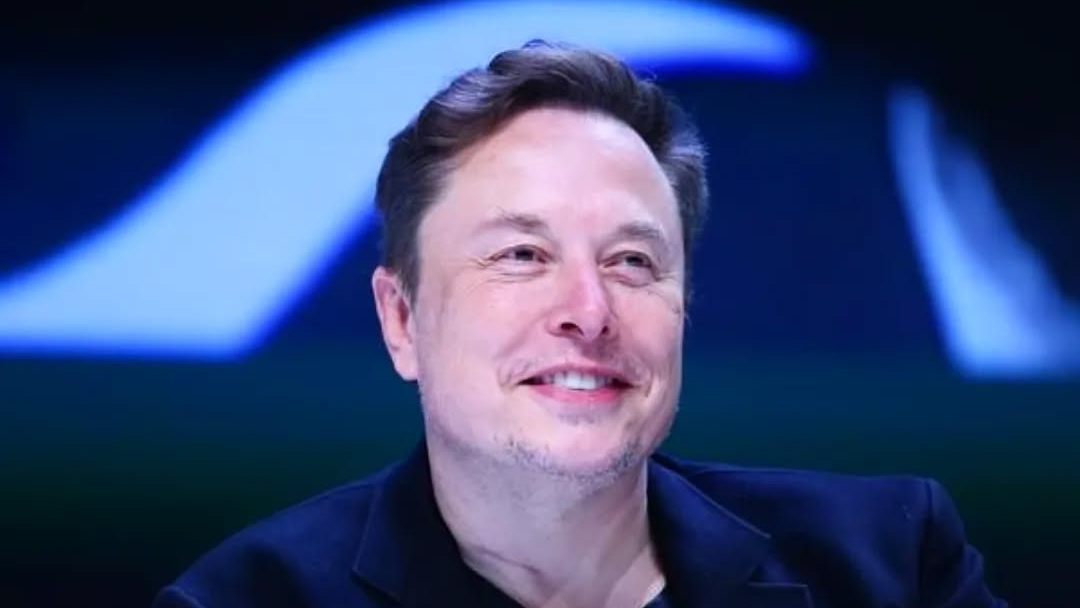What Elon Musk Says Could Replace Money: A Futuristic Vision of AI, Robots, and a Currency-Free World
Elon Musk recently made headlines by predicting that money may one day become irrelevant. Speaking at the U.S.-Saudi Investment Forum, he laid out a bold, possibly controversial vision: as artificial intelligence and robotics advance, the need for work and the currency that supports it could fade away. That’s not just speculation. In Musk’s view, we’re on a path toward a very different economic future.
The Prediction: Money Will 'Stop Being Relevant'
During his appearance at the investment forum, Musk told the audience that if AI and robotics continue improving, there will come a time when currency simply “becomes irrelevant.” He qualified the statement by acknowledging that physical constraints such as electricity and mass will remain — but suggested that the traditional role of money in society could eventually erode.
This isn’t just a throwaway line. Musk has consistently argued that automation and intelligence will reshape the very basis of work and production, and with that shift, how we value labor and resources could fundamentally change.
When Work Becomes Optional
One of the more striking parts of Musk’s vision is how he reimagines our relationship with work. He predicted that in 10 to 20 years, working may no longer be a necessity, but a choice: something you do because you enjoy it, not because you have to.
To illustrate, he compared future work to gardening. Some people grow their own vegetables not because they must, but simply because they like it. In Musk’s hypothetical future, many jobs could transform into similarly voluntary, passion-driven activities.
The Role of Robots: Tesla’s Optimus at the Heart of the Vision
Central to Musk’s outlook is the rise of humanoid robots — especially Tesla’s Optimus robot. According to him, these robots could take over large swaths of labor, from manufacturing to everyday tasks, drastically reducing the need for human work.
Musk has gone further, suggesting that the productivity gains from robots like Optimus could eliminate poverty. Because robots could produce an abundance of goods and services, he argues, everyone could have access to what they need without the traditional cost barriers.
A Post-Scarcity, Science-Fiction Future — Borrowed from the Culture Series
Musk didn’t pull this vision out of thin air. He referenced the Culture series by sci-fi author Iain M. Banks, in which advanced AI creates a society so abundant that money no longer holds meaning. In that fictional world, people don’t work for survival — they pursue hobbies, exploration, and self-expression because they choose to, not because they must.
For Musk, this isn’t just fantasy. He sees it as a plausible endpoint for human civilization if robotics and AI scale in the way he predicts.
Universal Income, But Not the Kind You Think
To support the transition to a money-light or money-free society, Musk argues for a “universal high income” rather than a simple basic income He envisions a world where people can access goods and services freely — or at least at minimal cost — because robots and AI will make production so cheap.
This is a much more radical proposal than traditional universal basic income (UBI): Musk isn’t talking about a safety net. He’s talking about a redefinition of how we distribute wealth in a world of abundance.
The Business Bet: Tesla’s Value, Optimus, and the Future
Musk’s vision isn’t detached from his business strategy. In fact, he has placed some of his biggest bets on Optimus. He has suggested that as much as 80% of Tesla’s future value could derive from its humanoid robot division.
If that bet pays off, Tesla won’t just be a car company — it could become a central player in a robot-driven economy. That shift could redefine not just Tesla’s business model, but the broader economic landscape.
The Challenges — And the Risks
It’s a grand vision, but not without major obstacles. For one, mass-robot deployment raises questions about safety, ethics, and control. If robots are producing nearly everything, who owns them? Who controls the wealth they create?
There’s also the human dimension: Musk himself has admitted that the transition to optional work and a post-money society will be “traumatic.” The disruption could be profound, affecting how people find purpose, meaning, and identity in a world where work is not required for survival.
Is This Utopian — or Dangerous?
Opinions vary. Some see Musk’s vision as an inspiring utopia: a future where no one needs to struggle, where abundance is accessible, and where human creativity can flourish. Others warn of dystopian risks: centralized control, wealth inequality, and a loss of human agency if economic power consolidates.
Nvidia CEO Jensen Huang, who appeared alongside Musk at the forum, offered a more cautious take. He acknowledged that though many jobs may change, he doesn't believe work will entirely disappear. Instead, he sees a transformation in how we work, not necessarily a complete elimination of labor.
What It All Means for the Future of Money
Musk’s prediction—that money may one day be irrelevant—is not just technological speculation. It’s a deeply philosophical claim: that as automation advances, our economic models could shift from scarcity to abundance, from labor to leisure, and from cash to access.
Whether or not this future comes to pass, Musk’s vision highlights some critical questions for today’s world: How will we adapt to mass automation? What value will we place on human labor? And if robots can take care of everything, how do we build a society that remains fair, free, and meaningful?
One thing is clear: Elon Musk isn’t just talking about a future without cars or rockets. He’s talking about a future that might not need money — and he’s building some of the tools that could help make it happen.














